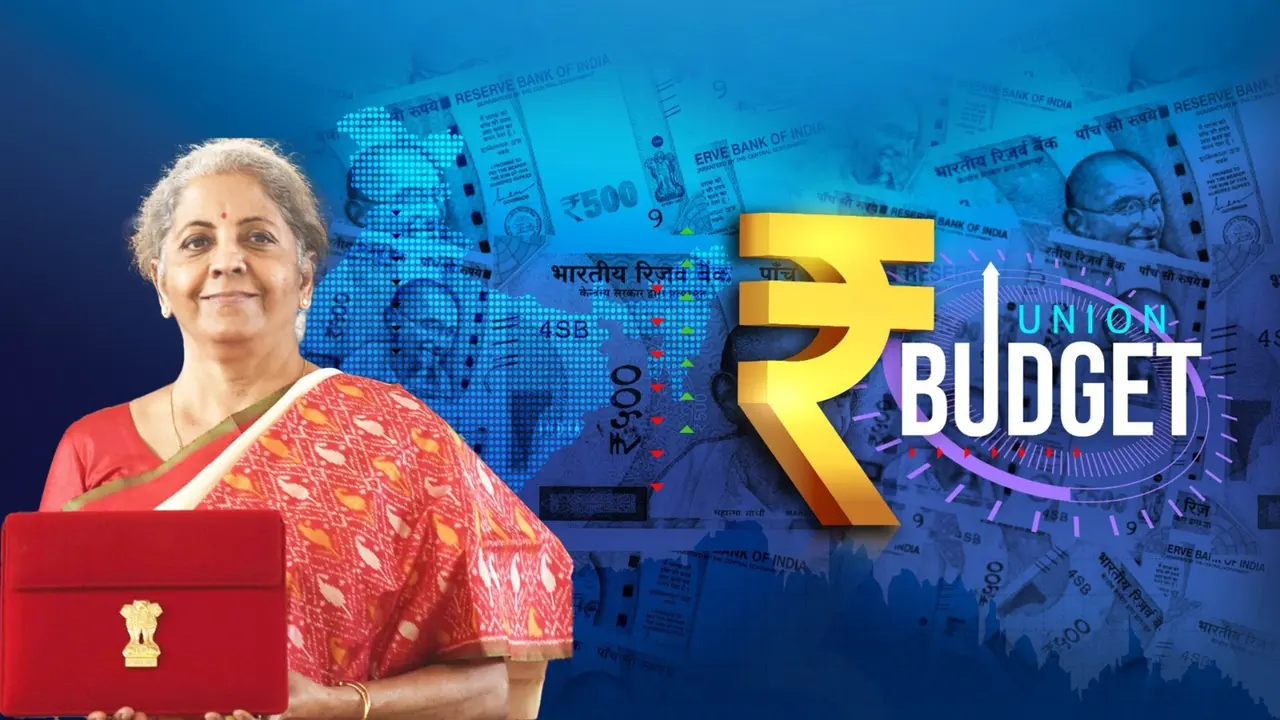Updated 19 July 2024 at 09:15 IST
Budget 2024: FICCI expects potential tax reforms, increased capex
According to FICCI, the Union Budget might include reforms aimed at simplifying the GST rates, enhancing state finances, and streamlining capital gains tax
- Republic Business
- 3 min read

Union Budget 2024: The Federation of Indian Chambers of Commerce & Industry (FICCI) anticipates that the government may introduce significant tax reforms in the upcoming union budget to stimulate economic growth. This expectation is based on a survey conducted by the industry body.
According to FICCI, the Union Budget might include reforms aimed at simplifying the GST rates, enhancing state finances, and streamlining capital gains tax. The industry body expects these changes to provide relief on the taxation front and boost economic activity.
Regarding fiscal management and expenditure, FICCI commended the government's deft handling of fiscal matters and expects that prudence will remain a priority to ensure macroeconomic stability. Economists surveyed by FICCI believe that the government has an opportunity to leverage additional resources from robust tax collections and the Reserve Bank of India's dividend transfer. These resources could be used to increase spending on social sector schemes, especially to support the rural economy. Furthermore, subsidy estimates are anticipated to remain stable, reflecting a focus on targeted benefit delivery.
FICCI also anticipates an increase in the capital expenditure target, although not much deviation is expected from the Rs 11.1 trillion target for the financial year 2025. This conservative estimate is attributed to slow capex spending in the first half of FY25 due to elections and the monsoon season.
Advertisement
Survey participants are particularly interested in the simplification of the capital gains tax regime. They suggest categorising different types of assets into two or three broad buckets, defining the holding period for assets to qualify as long-term, and standardising the eligibility for indexation benefits, as well as the long-term and short-term capital gains tax rates, without distinction between residents and non-residents.
In addition to tax reforms, participants expect the government to introduce measures for employment generation and skill development. Potential initiatives include employment-linked incentive schemes, increased investment in labor skilling, and efforts to enhance women's workforce participation. There is also an anticipated focus on infrastructure development, particularly in enhancing food processing capacity and reducing wastage through improved storage infrastructure. These measures could significantly reduce post-harvest losses and add value to agricultural produce.
Advertisement
For the Micro, Small and Medium Enterprises (MSMEs), the government might extend the non-performing assets (NPA) classification period from 90 days to 180 days, providing these enterprises with financial breathing room.
FICCI noted that the Interim Budget earlier this year displayed a clear intention to encourage innovation. The participants expect further details and modalities on the R&D and innovation fund announced in the Interim Budget for its effective utilisation.
(With ANI inputs.)
Published By : Sankunni K
Published On: 19 July 2024 at 09:15 IST
